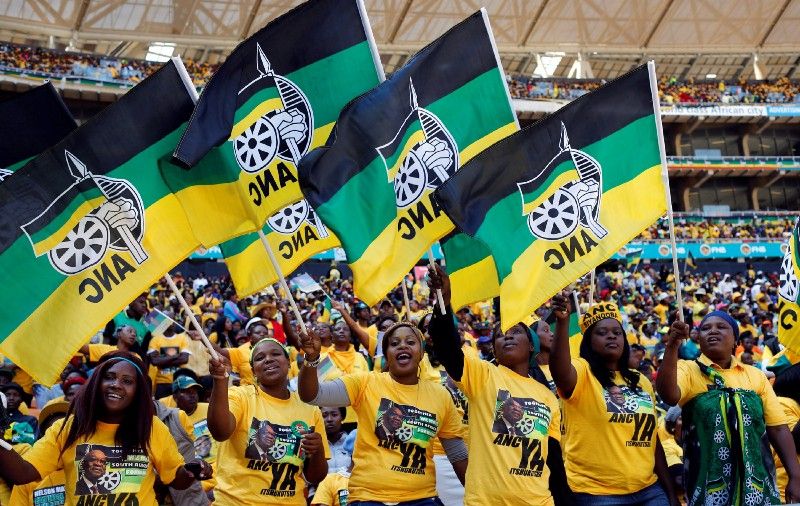December 19, 2017
What does an evangelical judge accused of pedophilia have in common with a one-time anti-Apartheid hero who faces 783 counts of corruption? Both Roy Moore, the failed Republican candidate for Senate in Alabama, and Jacob Zuma, freshly-ousted leader of South Africa’s ANC, are at the center of deep internal divisions within their respective political parties. Those parties aren’t the only ones in power that are suffering deep internal divisions right now…
The Republicans: Since the late 1960s the GOP (Grand Old Party, as it’s known in the US) has united social conservatives and economic liberals, but now the party is under fire from within as former Trump strategist Steven Bannon leads a “populist, nationalist, conservative revolt” against party leaders. Trump and Bannon, who runs the ultranationalist media “killing machine” Breitbart, endorsed Roy Moore, so his loss was a setback. But look for this GOP fissure to be a defining theme in the 2018 midterm elections and beyond.
The ANC: The reformist union-leader-turned-businessman Cyril Ramaphosa has just won a hotly contested race to lead the ANC into the 2019 presidential election. As Willis wrote last Friday, this outcome leaves current President Jacob Zuma, who faces hundreds of corruption and racketeering charges, dangerously exposed to prosecution. Ramaphosa’s victory is a win for the more investor-friendly faction of the ANC. But Zuma’s faction won’t simply accept a defeat that leaves him in real legal jeopardy. The ANC infighting has only just begun.
The Tories: The UK’s traditional conservative party is deeply divided over Brexit — some members want the UK to keep close economic ties with the continent even after it leaves the EU, while others favor a sharper break that gives the UK greater economic flexibility. This divide is crippling Prime Minister Theresa May’s ability to reach any deal at all with Brussels before the clock runs out on Brexit talks…
Brazil’s PSDB: Brazil’s largest center-right party is split over support for scandal-wracked president Michel Temer’s market-friendly reforms. Younger members say steer clear, while older heads want to work with him so his PMDB party will support a PSDB candidate in next year’s presidential election. New PSDB leader Geraldo Alckmin has sided the party with Temer for now, but the deeper divisions will persist, weakening the party as the presidential campaign heats up.
More For You
Bad Bunny during the Super Bowl LX halftime show press conference at Moscone Center.
Kirby Lee-Imagn Images
100 million: The number of people expected to watch the Super Bowl halftime performance with Bad Bunny, the Puerto Rican superstar and newly minted Album of the Year winner at the Grammys.
Most Popular
Think you know what's going on around the world? Here's your chance to prove it.
- YouTube
An imminent US airstrike on iran is not only possible, it's probable.
Americans are moving less — and renting more. Cooling migration and rising vacancy rates, especially across the Sunbelt, have flattened rent growth and given renters new leverage. For many lower-income households, that relief is beginning to show up in discretionary spending. Explore what's changing in US housing by subscribing to Bank of America Institute.
© 2025 GZERO Media. All Rights Reserved | A Eurasia Group media company.
